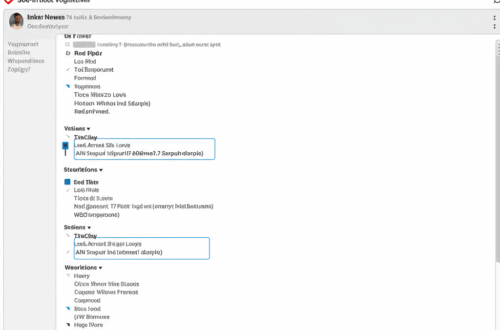Need a fast, reliable way to remove metadata from your files? rMeta is a new open-source utility designed for exactly that. It’s built for speed, simplicity, and, most importantly, privacy.
Many existing metadata removal tools have limitations. Some only handle specific file types. Others rely on cloud processing, which raises privacy concerns. rMeta addresses these issues by operating entirely locally on your machine.
What rMeta Does:
- Handles common file types: JPEG, PDF, DOCX, and XLSX.
- Uses trusted libraries: It leverages well-established tools like Pillow and PyMuPDF for reliable metadata scrubbing.
- Offers optional SHA256 hashing: Verify file integrity with ease.
- Optional GPG encryption: Secure your scrubbed files with your public key.
- Automatic cleanup: Temporary files are deleted after a configurable timeout.
Built with Flask and running in Docker, rMeta offers a clean, minimal browser interface. It respects your system theme and works even if JavaScript is disabled. No trackers, telemetry, or log files are involved. The code is fully auditable, making it easy to verify its functionality. It’s also designed for extensibility, allowing developers to add custom handlers and postprocessors.
rMeta is intended to be a practical tool for anyone concerned about privacy and workflow efficiency. It’s particularly useful for managing sensitive documents or preparing files for public sharing. The developer created rMeta for personal use on a homelab server and decided to share it with the community.
Transparency is key. AI tools were used during development to streamline certain tasks like dependency identification and documentation. However, the core architecture and underlying functionality were built from the ground up with a full understanding of the code.
rMeta is MIT licensed. You’re welcome to explore the code, adapt it to your needs, or contribute improvements. Constructive feedback is always appreciated.
Find the project on GitHub: https://github.com/KitQuietDev/rMeta






